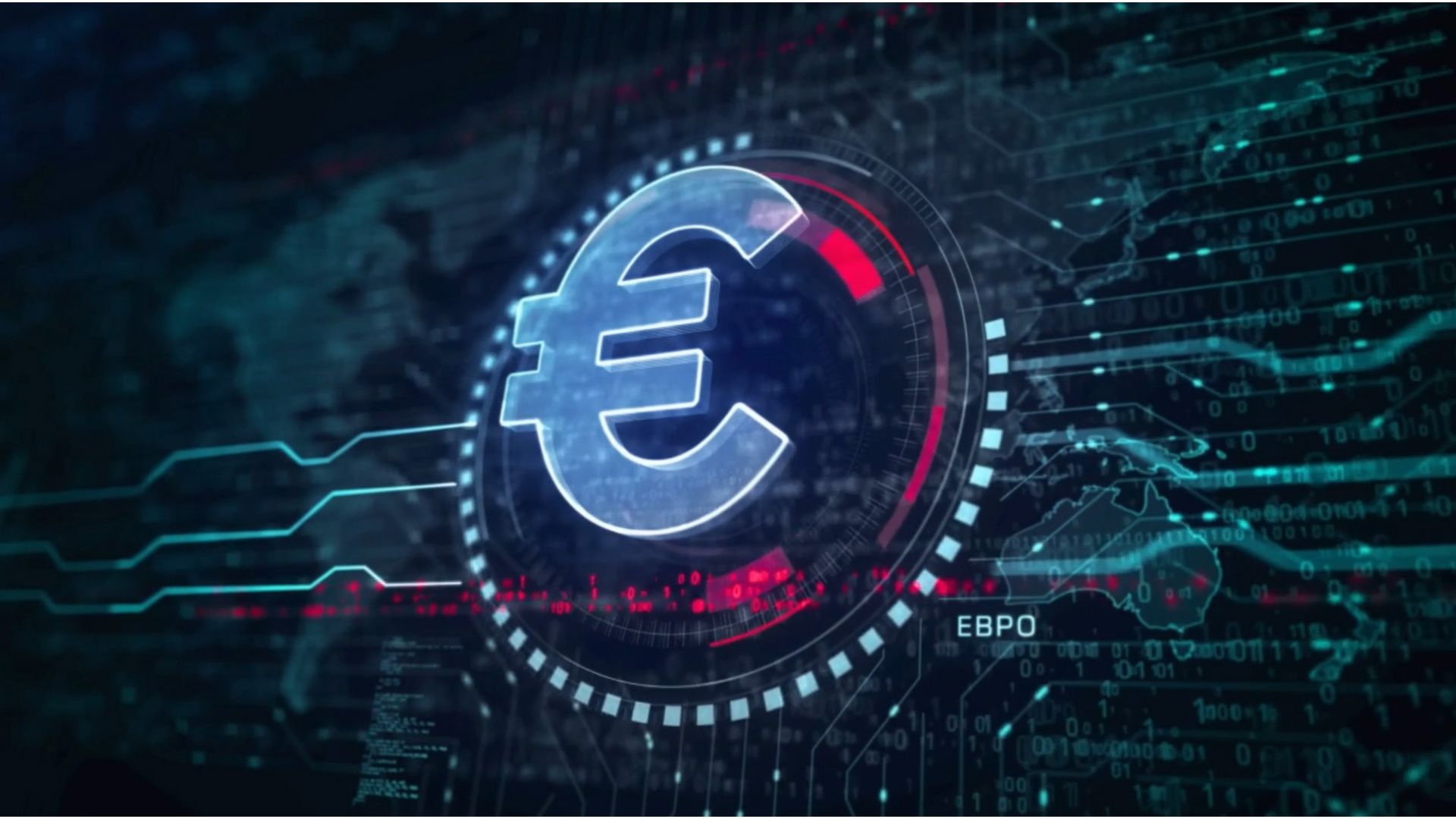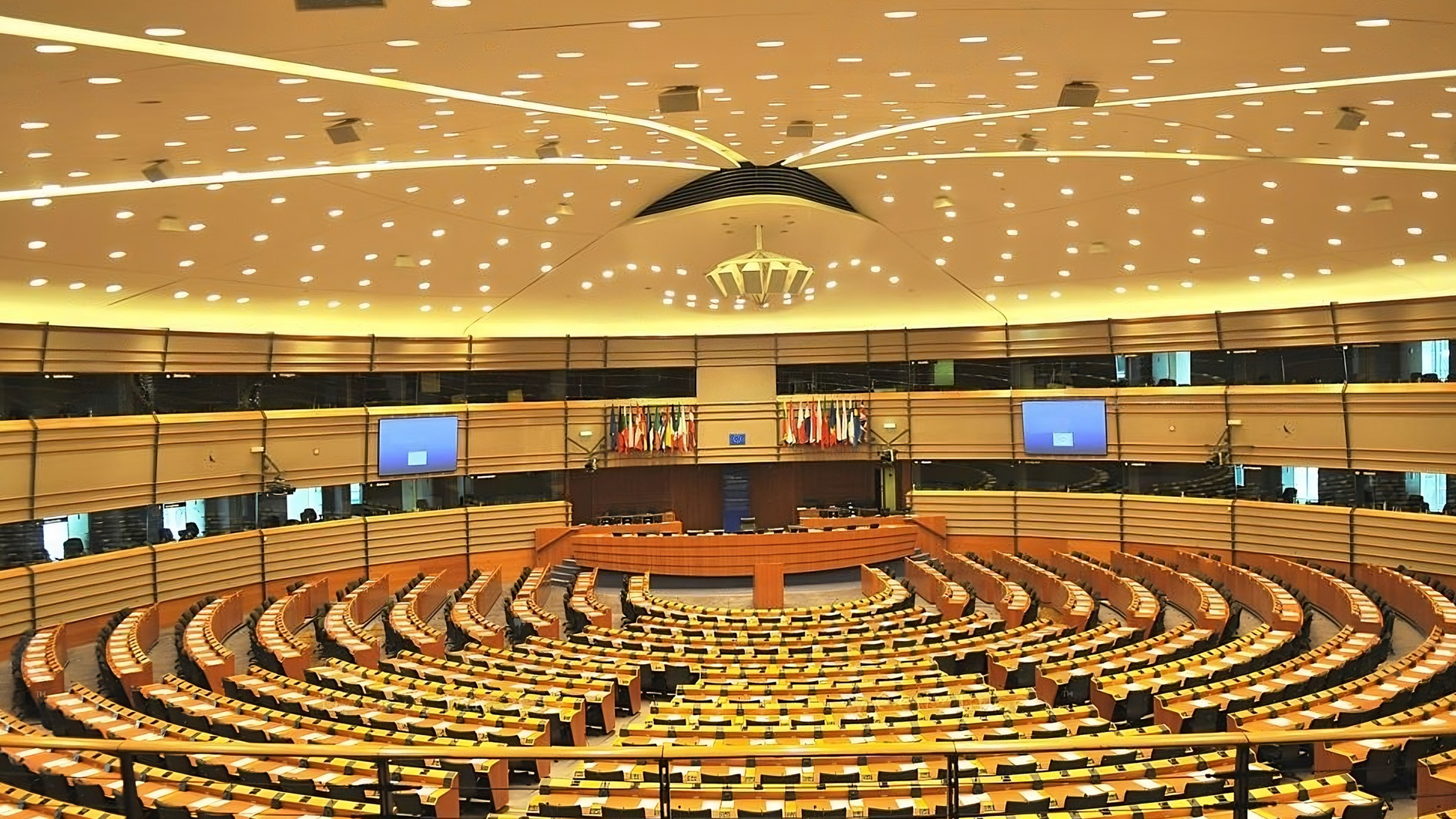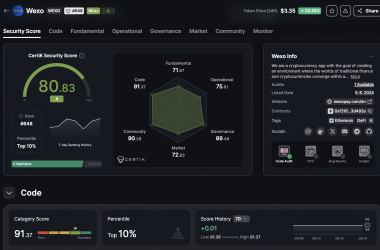A dangerous CBDC precedenet. New euro stablecoin has a feature that allows them to take all your money
DECENTRALIZATION STABLE COIN25-Apr-2023

Publicaciones principales

Wexo Points: Find places where you can pay with Bitcoin (App Up...
Search nearby businesses that accept Bitcoin payments
Leer másFrench bank Societe Generale has unveiled a new euro-stablecoin called CBDC, but its code has some problematic parts. This new asset, called CoinVertible, is based on the Ethereum blockchain platform and its designation is EURCV. Stabilcoin is currently only available to clients of this bank.
Even though the bank claims that this Stabilcoin is fully secured and has a legal structure, some crypto-experts have already found a few problematic parts in the code. Among them is a feature that allows banks to take money from users.
This stablecoin is based on the Ethereum platform, which means it will have limitations in the size of transactions. Even though it is only available to Societe Generale bank clients, some experts warn that this type of CBDC could be misused to control people's spending.
This stablecoin sets a dangerous precedent for other types of centralized digital currencies issued by banks. Lawmakers in several countries have warned about the misuse of these currencies and the potential restriction of citizens' financial freedom.
European Parliament adopts MiCA legislation targeting cryptocurrencies

After two delays, the European Parliament has finally debated the Markets in Crypto-Assets Act (MiCA) legislation, which was introduced back in 2020. MiCA sets standard rules for crypto-assets in the EU, providing legal certainty for the crypto-industry and investors. The regulation sets guidelines for the operation, structure and governance of digital asset token issuers. It also sets rules for transparency and disclosure requirements for the issuance or trading of cryptocurrencies.
Specific provisions relating to stablecoins will be fully applicable from July 2024 and other provisions, including those relating to cryptocurrency service providers, will be applicable from January 2025.
Janet Ho, head of European policy at Chainalysis, and Nadia Filali, head of the blockchain programme at Caisse des Dépôts Group, stressed that the success of MiCA will depend on strong feedbacks and a reworking of some parts of the documentation. EU officials, however, stress investor security as the main role of MiCA. The latter should minimise the negative consequences of incidents such as FTX insolvency in the future.
UAE proposes a bill to create a decentralised economy

Abu Dhabi Global Market (ADGM) has unveiled a legal framework for the decentralized economy, focusing on blockchain, cryptocurrencies and distributed ledger technology. The proposed regulatory framework covers various aspects of DLT such as governance, control, token holder voting, disclosure, profit sharing, liquidation and default.
The proposed framework emphasises transparency, fairness and decentralised governance, with token holders having the right to vote on certain matters unless explicitly stated otherwise. The ADGM solicits feedback from the public on this proposal, which reflects its commitment to support and encourage the development of cryptocurrency and DeFi projects.
ADGM's proposed legal framework for the decentralized economy is a step towards creating a regulatory environment that supports the growth and development of new technologies. The development of these technologies in the country will form the basis of a decentralized economy. The proposed framework places a strong emphasis on transparency and fairness, which is consistent with the fundamental principles of blockchain and DLT. ADGM's commitment to support and encourage cryptocurrency and DeFi projects is a positive signal for the growth and development of the free economy.


